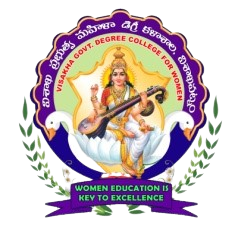
About Political Science Department
Definition of Political Science:
The root word of politics is the Greek term polis which means city state. So political science is concerned with the problems of city state. It is a common knowledge that the ancient Greeks made no difference between the states and cities.
This archaic meaning of politics holds good even today. So it is trite that right from the fifth century B.C. to the present twentieth century A.D. political science carries the same root meaning. So, whether one likes it or not, political science continues to be predominantly concerned with the state.
The expression “political science” has not been explained by any political thinker in a clear and scientific way. The definition given by them is rather the subject-matter of political science and not any definition as such. Whether we accept these definitions or not, there is no denying the fact that the subject-matter as hammered home by the political scientists serve as the acceptable groundwork of political science.
So Paul Janet, to begin with, defined political science as “that part of social science which treats of the foundations of the state and the principles of government. Politics means science and art of running government. Although in olden days the term was used only for the specific purpose, i.e., for administering a country, the position has undergone a tremendous metamorphosis. So Gareis is of the view that political science considers the state as an institution of power in the totality of its relations, its origin, its setting (land and people), its object, its ethical signification, its economic problems, its life conditions, its financial side, its end etc. “
ADVERTISEMENTS:
The subject-matter of political science begins and ends with the state. So the Swiss Scholar J. K. Bluntschli is of the view that political science attempts to understand the state in its fundamental conditions.
The same is the view of H. G. James – “Political science may be defined as the science of the state.”
It makes a thorough study of the state in its entirety. So the state is the be-all and end-all of political science. But Stephen Butler Leacock and Sir John Seeley hold a contrary opinion. According to them, the subject-matter of politics is government, not the state as such.






